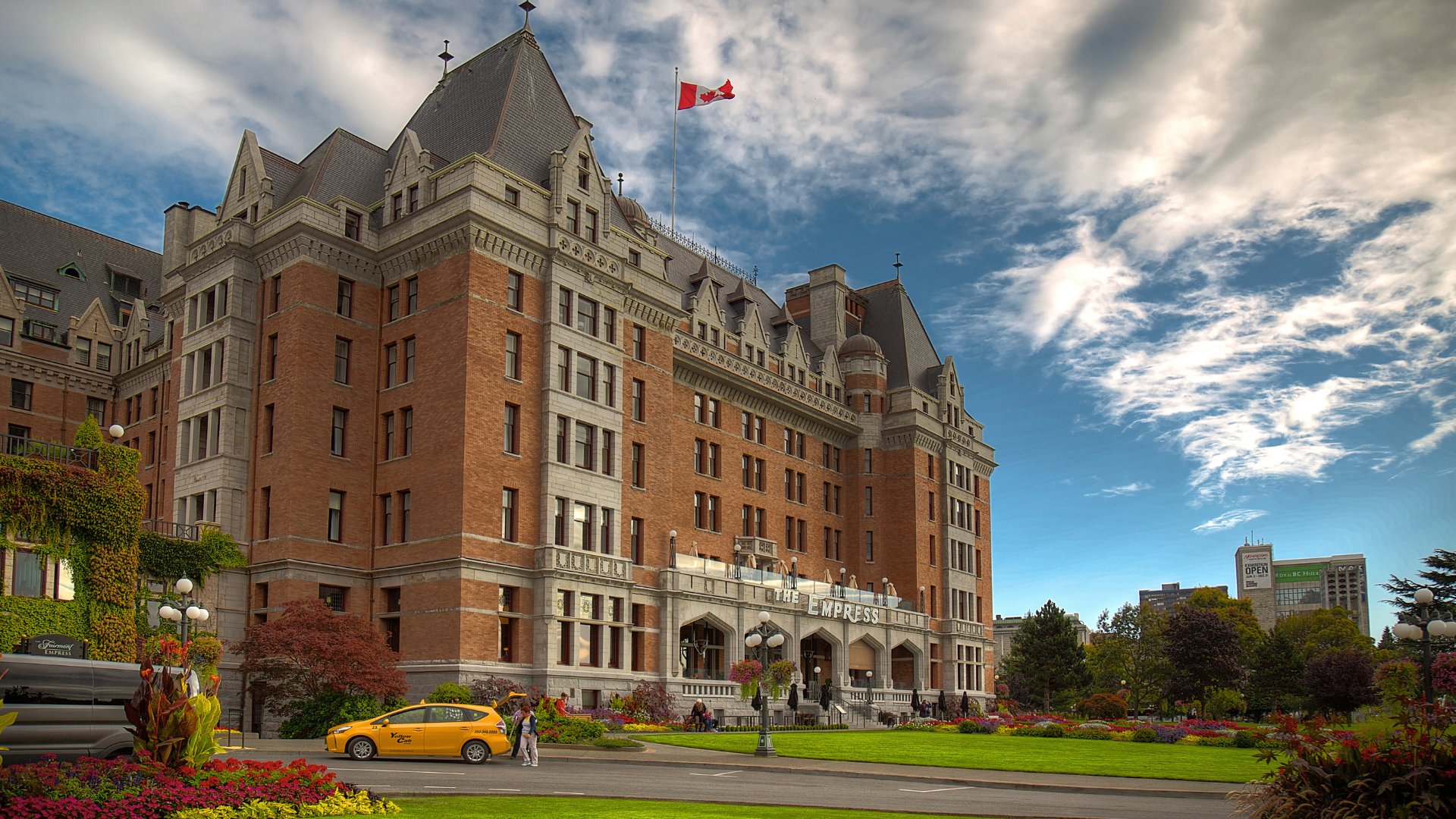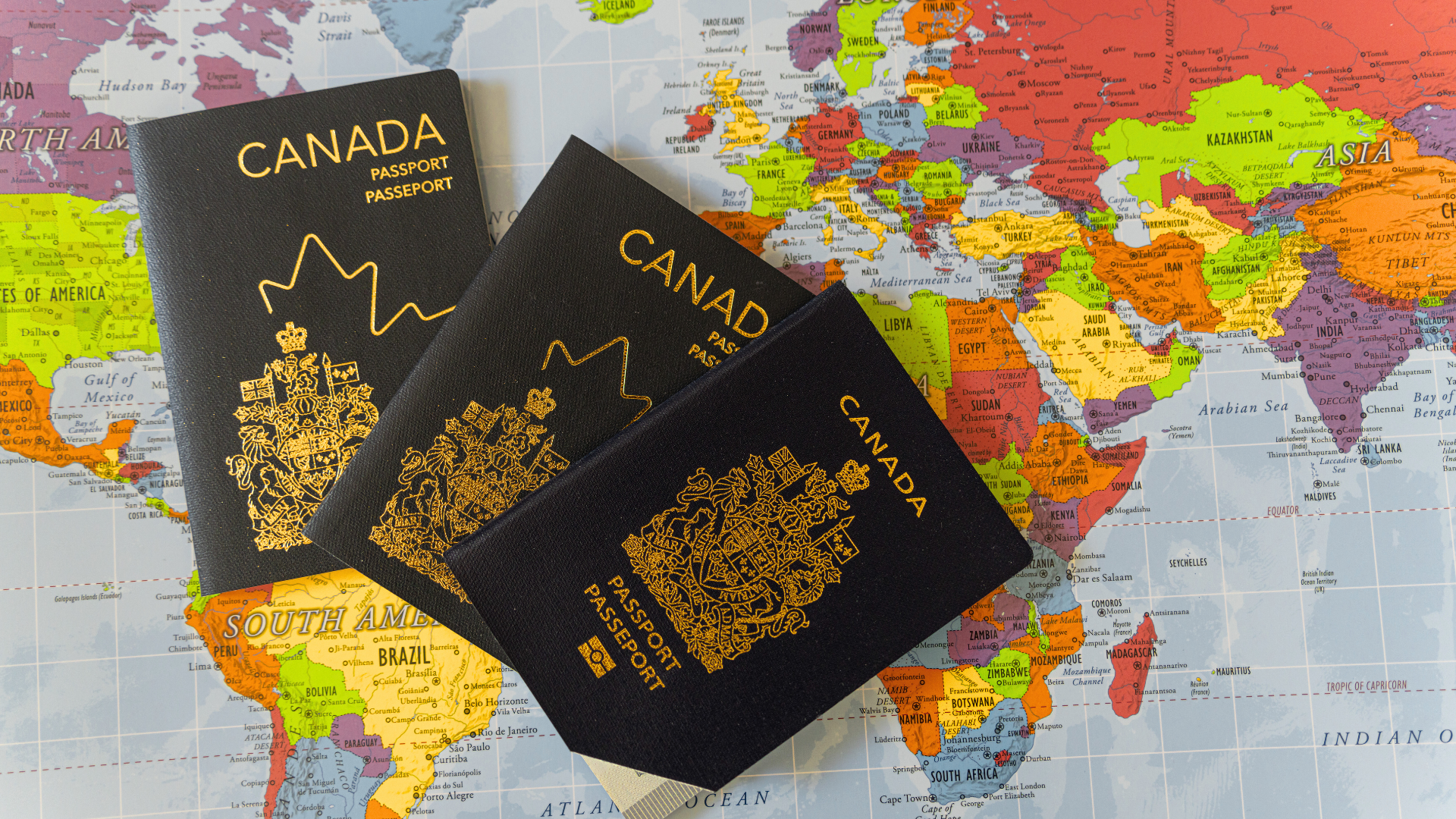Answering 11 FAQs about Canada’s Post-Graduation Work Permit

Last month, changes were proposed to Canada’s
Post-Graduation Work Permit (PGWP) program, causing many international students
to seek more information. These changes aim to better align the issuance of
PGWPs with Canada’s labor market needs. This means fewer permits may be issued
to graduates from some programs, while those entering high-demand occupations
will have better access to PGWPs.
1. What is a PGWP?
A PGWP is an open work permit for international students
who finish an eligible study program at a Canadian Designated Learning
Institution (DLI). It's popular because the work experience gained can help in
becoming eligible for several Canadian permanent residence pathways.
2. Am I eligible for a PGWP?
To be eligible for a PGWP, international students must:
- Complete
a post-secondary program (academic, vocational, or professional) of at
least eight months from an eligible DLI in Canada.
- The
program must result in a degree, diploma, or certificate.
- Graduate
from an eligible type of educational institution.
- Maintain
full-time student status in Canada during every academic session of their
program.
- Receive
a transcript and an official letter from their DLI confirming program
completion.
3. How much does a PGWP cost?
Applying for a PGWP costs CAD $255. If you need to restore
your student status before applying, there's an additional fee of CAD $379.
4. How long is a PGWP valid?
The validity of a PGWP depends on the type and length of
your study program:
- Programs
less than eight months: Not eligible for a PGWP.
- Programs
eight months or more: The PGWP is valid for the length of
the study program.
- Programs
two years or more: The PGWP may be valid for up to
three years.
- Master’s
degree programs: Programs of eight months or more can
result in a three-year PGWP, even if the program is less than two years.
5. Can I apply for a job before I get my PGWP?
Yes, if you:
- Were
enrolled full-time at a DLI in an eligible program.
- Have
completed your program of study.
- Have
not exceeded your permitted work hours.
If your PGWP application is refused, you must stop working
immediately.
6. Can I travel outside Canada while waiting
for my PGWP?
Yes, you can travel if you have a valid visa or Electronic
Travel Authorization (eTA). A study permit alone does not allow re-entry to
Canada.
- If
your study permit is still valid: You can return as a
student.
- If
your PGWP is approved while outside Canada:
You can enter as a worker.
- If
your PGWP is still processing: You can return as a
visitor and work without a work permit.
7. Do I need a Labour Market Impact Assessment
(LMIA)?
You need an LMIA if required for the Federal Skilled Worker
Program (FSWP), the Federal Skilled Trades Program (FSTP), or if your
occupation is not LMIA-exempt. More details can be found on the IRCC help
centre webpage.
8. Can I work in a different field than
specified on my PGWP?
It depends on where your occupation information is listed:
- Under
Additional Information: You can work in any
field.
- Under
Conditions or Remarks/Observations: You must work in the
specified field or apply to change your work permit conditions.
9. Can I work in a different location than
specified on my PGWP?
This also depends on where your employment location
information is listed:
- Under
Additional Information: You can work anywhere in
Canada.
- Under
Conditions or Remarks/Observations: You must work in the
specified location or apply to change your work permit conditions.
10. Can I switch employers while working under
a PGWP?
Yes, the PGWP is an open work permit, allowing you to
switch employers. However, only skilled work experience (NOC TEER 0, 1, 2, or
3) qualifies for the Canadian Experience Class (CEC).
11. Can I renew my PGWP?
No, PGWPs are one-time-only, non-renewable work permits for
eligible graduates.






